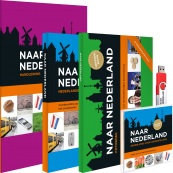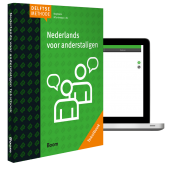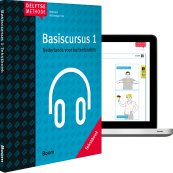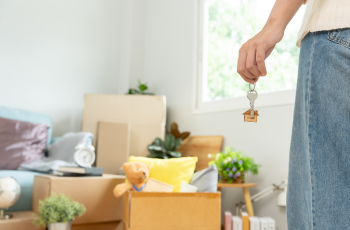After your arrival in the Netherlands
Arrange a residential address
The first thing to do when you are in the Netherlands is to arrange a residential address. This is necessary because you have to register with the municipality with a residential address. Do not have a home or room yet? There are different ways to find a rental home:
- Via a housing corporation: this is an organization that rents out homes for relatively low rents. You must register with the housing corporation and there is often a waiting period. Look at your municipality's website for a list of all housing corporations.
- Via a private landlord: the rent is usually higher for private rentals than if you rent through a housing corporation. To search the internet for a private rental home, you can, for example, combine the keywords ‘woning huren’(rent a house) with the name of the city where you want to live.
- Via your employer or the agency you work for.
Register at the municipality
Everyone who lives in the Netherlands, whether for a brief or an extended period, must register with the municipality. If you do not do this or do it too late, you may be fined. How and where you register depends on how long you play to stay in the Netherlands.
Are you staying for less than 4 months?
You then register as a temporary resident (non-inhabitant) of the Netherlands. You can register with 19 municipalities as a temporary resident: see the list of municipalities on the Dutch government website. By registering as a temporary resident, you receive a citizen services number (burgerservicenummer, BSN). You need this number, for example, for health insurance and a bank account.
Are you staying longer than 4 months?
You then register as a resident of the Netherlands, with the municipality where you live. You must register in the Netherlands within 5 days of arrival. After you have registered, you will receive a citizen services number (burgerservicenummer, BSN). You need this number, for example, for health insurance or a bank account.
When you register, you need to bring a few things:
- A valid ID (for everyone in the family)
- A rental argeement or purchase agreement for your home in the Netherlands
- Original documents showing your identity and the details of your marriage or registered partnership, such as a birth certificate and a marriage certificate
Read more about registration on the Dutch government website >
Get health insurence (ziektekostenverzekering)
In the Netherlands, everyone is obliged to have health insurance. Even if you already have health insurance in your home country. Apply for health insurance from one of the health insurers as soon as possible after your arrival in the Netherlands.
Read more about health insurance on the website Zorgverzekeringslijn.nl
Learn Dutch
It is important for everyone who is new to the Netherlands to learn the language as quickly as possible. When you master the language, many things are easier: finding work, communicating with the municipality or the general practitioner and talking to your children’s school.
There are many ways to learn Dutch:
- Study on your own with a book or online, for example with the Delftse methode or the package Naar Nederland.
- Through a language course. On the website of Blik Op Werk, there is a list of language schools that have a quality certification.
- With a volunteer language coach. On the website of Hetbegintmettaal.nl you can search for a language volunteer.
If you master the language, many things are easier.
Integration
Are you not from the EU, Iceland, Croatia, Liechtenstein, Norway or Switzerland? Then you have an integration requirement. Integrating means that you learn to read, listen to, write and speak Dutch, that you learn about Dutch society and learn how to find work. If you have an integration requirement, you will receive a letter from the Educational Services Department (Dienst Uitvoering Onderwijs, DUO). In that case, you must earn your integration diploma within 3 years of receiving your residence permit.
Read more on this topic in the article about Integration.






